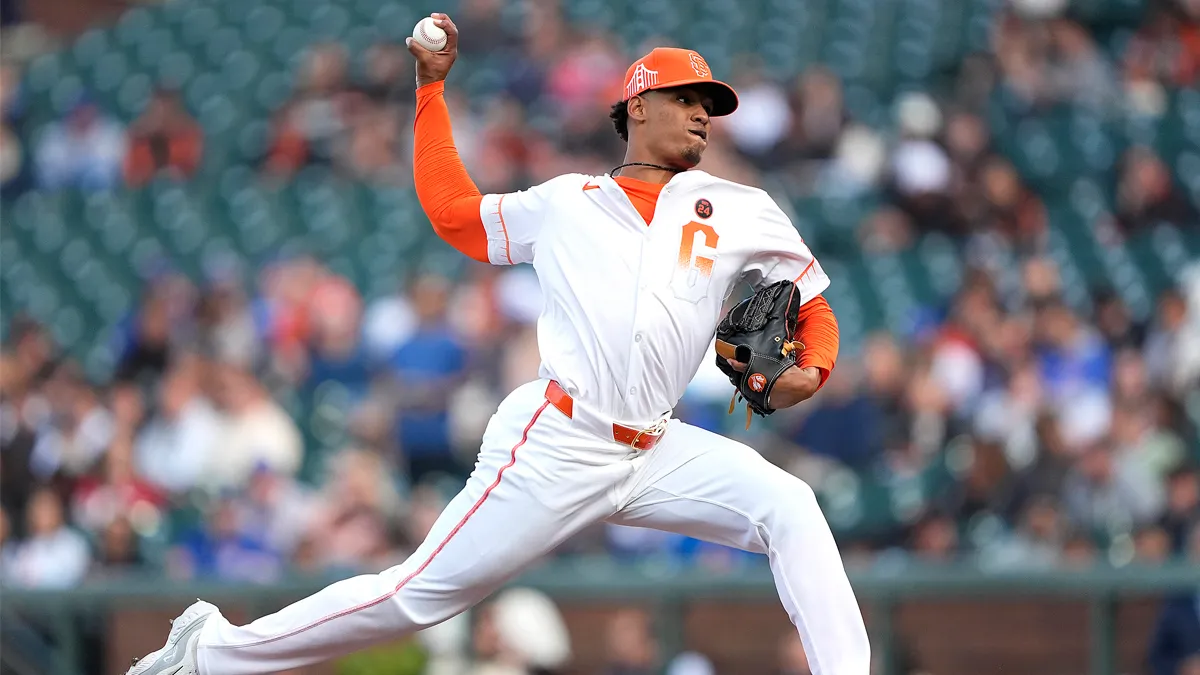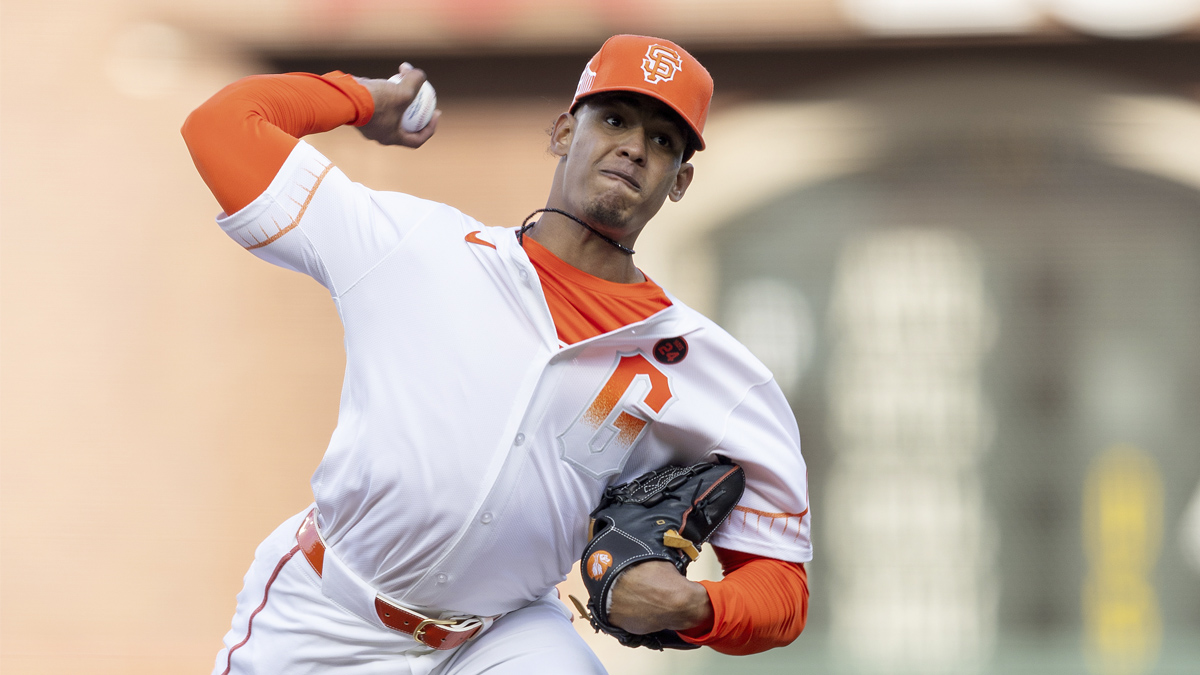Willie Mays was the king of baseball when baseball was king in America. He wore the biggest, shiniest crown. He was the game’s most recognized and celebrated and beloved figure. Barber-shop arguments might have raged over the best player, but there was no debating the most transcendent.
Mays was to baseball in the 1960s what James Brown was to live performance, mesmerizing and unforgettable. Mays was to baseball what Michael Jordan was to basketball in the 1990s. No mere marvelous athlete, but a myth come to life.
Mays overcame a glut of obstacles and adversities – most of them directly connected to his skin color – to rise above American sports in much the same way the sun rises above the planet.
Stay in the game with the latest updates on your beloved Bay Area and California sports teams! Sign up here for our All Access Daily newsletter.
That Mays was 93 years old when he passed away Tuesday makes quite the statement. There is poetry in realizing that of the gilded legends populating the heart of baseball’s golden era, he was the last to leave us.
When the wonderfully magnetic Roberto Clemente died tragically in December 1972, Mays grieved but carried on, putting in one more season before retiring. When Ernie Banks, aka “Mr. Cub,” died in January 2015, Mays likely shed a tear but kept marching.
When Frank Robinson, Hall of Fame slugger and Major League Baseball’s first Black manager, died in 2019, Mays still had a heartbeat. When Bob Gibson, the most intimidating of the big-game pitchers, died in October 2020 and the incredible Henry Aaron left us four months later, Willie surely felt alone.
They had been each other’s company when companionship was essential to survival in a world they entered as outsiders. Each would host the other when in town. They were Mays’ “skinfolk,” if not kinfolk.
San Francisco Giants
But it was Mays, at the pinnacle of that great wave of Black players that entered MLB in the 1950s and early by the mid-1960s, who emphatically proved that Black players not only possessed the physical tools and mental makeup to excel but that their ability was unsurpassed.
That they were more than capable despite being told year after year, until Jackie Robinson’s debut in 1947, that they were not welcome in MLB.
It is our good fortune that we were blessed with Mays’ presence as certified legend for more than 70 years. He outlasted all those stars in his orbit.
The significance of Mays is that any conversation about the best player who ever lived that doesn’t include him is counterfeit. Bogus. I was too young to see Mays in his prime; my childhood memories are of his final few seasons.
But I’ve seen the record book. Seen the video. Heard the stories from those who were first-hand witnesses to Mays’ work. It is apparent that he had every gift required of superb baseball.
Mays was the ultra-rare six-tool player, hitting for average, hitting for power, running like a deer, catching anything within four miles, throwing like a cannon and thinking like a savant.
I recall a story from the late, great broadcaster Lon Simmons, who sometime in the early 2000s explained that there were instances when Mays would lash a sure double but stop at first base. Why? Not for lack of hustle but because he didn’t want the cleanup hitter, Willie McCovey, coming to the plate with first base open and getting walked.
Yet it was Mays’ seventh tool that set him apart. He had genuine charisma, radiating a combination of boyish joy – he famously would play stickball with kids in the streets of New York – and treating the game as it should be. People bought tickets to see Mays not only hoping he would hit a home run but also simply to catch a glimpse of him trotting out to center field to play defense.
That’s because Mays was magic in cleats, in an age when every kid thought cleats were magical. His loss diminishes us all, for all tools considered, he was the best there ever was.


